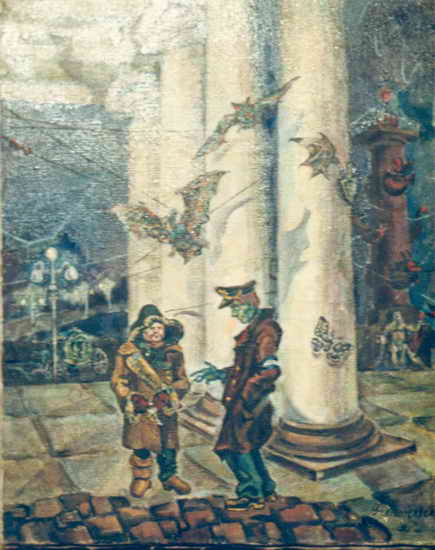
Russian oligarchies.
Whether
it is possible to name modern Russian "oligarches"
oligarches?
«Oligarchia» is political and
economic domination of the small closed group of persons. So the state with
similar rule is named to «oligarchia»
also.
For example, oligarchies
were in many policies of the Ancient Greece at the period of it decline. But
more this concept likes the device of Carthago, where the largest latifundists has been
concentrated both foreign trade, and political authority. The device of the
Venetian and
In
general, the device of oligarchies is primitively enough. Ancient
As
this point of view, Russian "oligarches"
obviously do not maintain similar comparison. They are
like authorized representatives of authority, such
"financial factors", who served the Polish sirs and the European
aristocrats.
The
role of "aristocrats" in the Russian scheme is played by large officials (that is, ex-Soviet
nomenclature). All of us see, as this or that high-ranking bureaucrat, after
reorganization unsuccessfully terminated for him passes to one of the main
posts in corporation or bank, which interests in sweat of the person lobbied on
"public service". And, at again adjusted political conjuncture, this majestic person comes back in the
device and renews lobbyist activity (before the following reorganization).
Officials
(ex Soviet generation) never could adjust scale
export of raw material and capitals to the West in situation of the
political-economical chaos established in the post-Soviet space. Therefore
"oligarches" with their fast reaction,
communications and informal channels of decision-making also were useful.
Khodorkovsky wrote
also: «we had no real authority in
The
well-known Moscow processes above the several Russian
billionaires mean, that those have tried to become, at last, original oligarches, having added to capitals political authority
(for example, having taken hold of mass-media or having bought up the Duma parties).
Alex Fantalov.

Petersburg vampir. A. Fantalov (canvas, on oil).